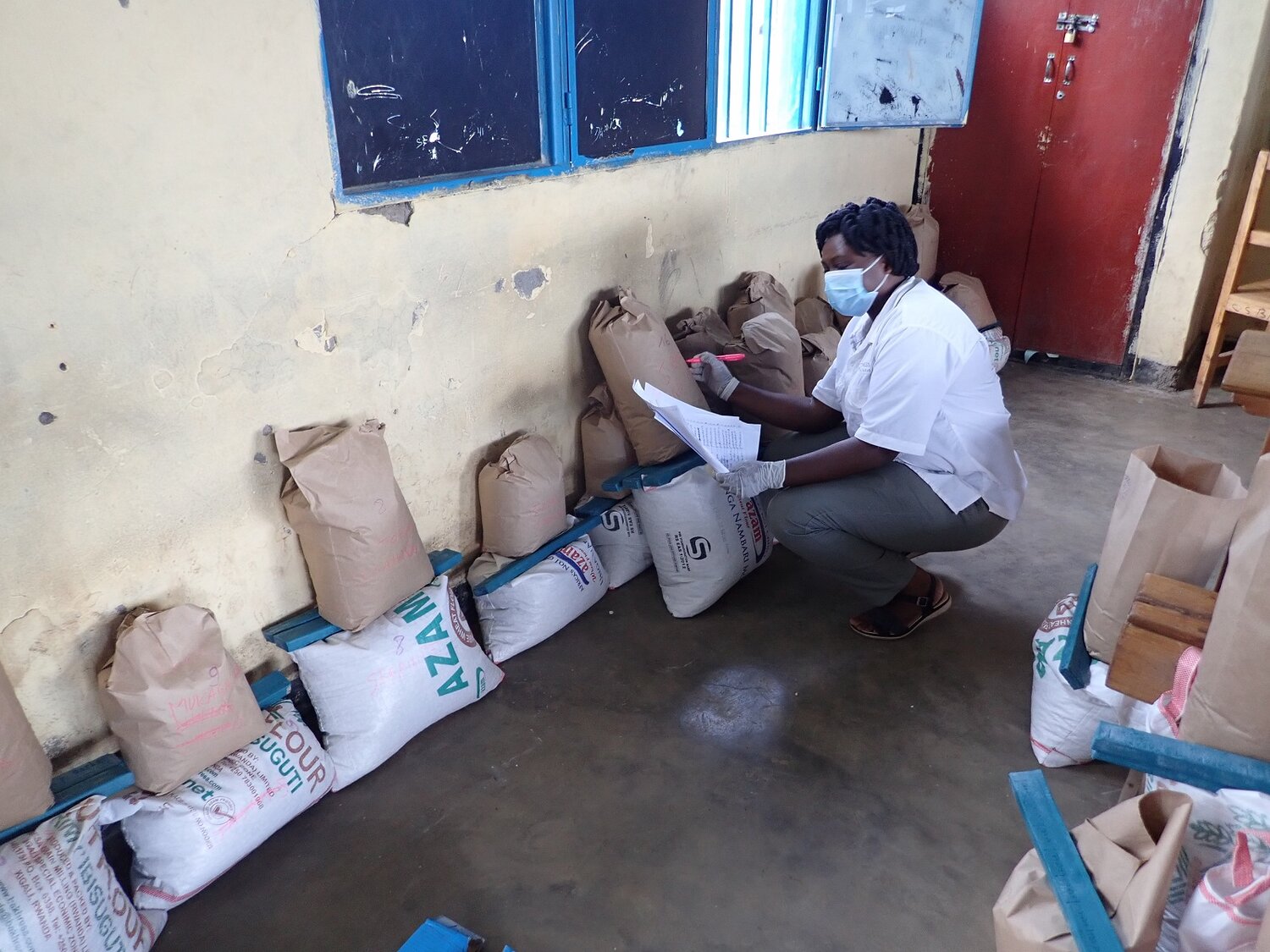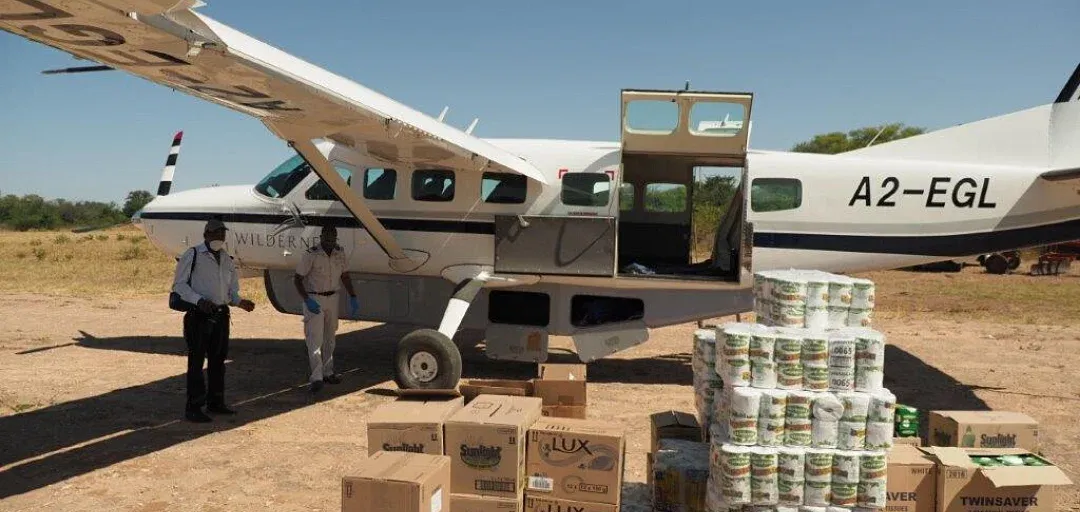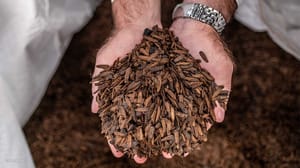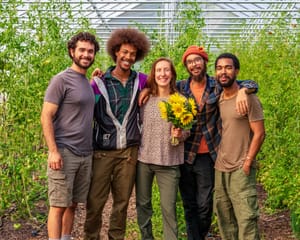The damage that COVID-19 has had to Southern Africa’s tourism sector doesn’t stop at operators themselves. Vital to their land conservation and operations are the communities located near to their remote properties, often the homes of employees who spend weeks at a time living on site at Wilderness camps. With travel restrictions limiting current and future bookings, the pressures on operators to maintain support networks is greater than ever.
Botswana-based Wilderness Safaris have been operating on the continent for 37 years. It’s actually through them that Tendo came about, primarily as a response to the positive economic and ecological effects of their work in Damaraland, northern Namibia. Over the past four decades, the company have created a model that provides employment in places with no developed industry, as well as significant revenues to governments and NGOs in the form of taxes, lease rentals on land and resource royalties.
COVID-19’s impact on tourism has repercussions for national economies, a vital sector in countries where Wilderness operates. An average of 7 people are dependent on one salaried family member of Wilderness’ 2,700-strong team of full-time employees. Job losses even from one operator like Wilderness will have a profound effect on the livelihoods of hundreds of rural African communities.

Damaraland Conservancy, a 30-year stewardship lease from the Namibian government
One of the operator’s newest and most acclaimed properties is Bisate Lodge in Northern Rwanda. The hillside property is located near to five villages in which 157 households were deemed to be in dire need of help, homes to 565 people. Of the 57 employees connected to Bisate, 60% are from the communities directly surrounding the lodge. All employees receive medical aid covering themselves, their spouse and children.
Once the global impact was known, Wilderness mobilised to offer support in the form of food and supplies to the communities. Through co-ordinating with village leaders and their not-for-profit arm, Children in the Wilderness, the company were able to quantify the necessary monthly supplies to keep villages fed. In total 2,045kg of maize meal, 1,055kg of beans and 252 bars of soap were calculated. This inventory valued at $2,000 (USD) and was arranged as a monthly delivery to Bisate Primary School, the designated distribution centre.
Since the first drop on 17th April, another delivery arrived on 21st May and a third is planned for Friday 19th June. Sorters at Bisate Primary School have been made aware of the risks of the transmission of COVID-19 and follow 1m distancing measures. June’s drop includes 156 food parcels paid for by guest donations, a delivery which will support 620 people for the month.
Ingrid Baas, Wilderness Safaris Rwanda Operations Manager has been leading the effort:
“We are committed to doing all we can to assist both our staff and partner communities, in order to minimise the challenges brought about by COVID-19. All our Rwandan employees are still employed and receiving medical aid covering themselves, their spouse and children, plus benefits like pensions, etc. In addition, we hope to continue being able to donate a significant supply of essential items each month through in-kind assistance and guest donations.”

Sorting at Bisate Primary School
1,200 miles south in Botswana, Wilderness have 22 properties around the country’s Okavango Delta and Linyanti regions in the north of the country. Food hampers and hand sanitisers worth $2,300 were sent to the Sankoyo community based in the Santawani Concession in the south-eastern Okavango Delta. Additionally, Wilderness Air donated the flights and use of two aircraft for getting supplies to the remote corner of the country.
Donations were handed over in Sankoyo and Seronga on 24th and 29th April respectively, and were then distributed to residents in the four nearby villages that form the Okavango Community Trust (OCT): Eretsha, Beetsha, Gudigwa and Gunotsoga. Read more here.
Wilderness’ community work has expanded to encompass conservation projects, many of which will continue despite COVID-19. Anti-poaching forms a key part of this, not just through the tangible connection between tourism, nearby communities and conservation, but also via the employment of professional teams that partner with local wildlife authorities.
Wilderness’ Group Sustainability Manager, Dr Neil Midlane, outlines the importance of continuing with work despite the pandemic:
In the current climate the role of these units is more vital than ever; and the conservation value of people travelling to our camps has never been clearer. Simply having a Wilderness Safaris camp in a wildlife area acts as a deterrent to poachers and a safeguard to the environment.
While on the one hand Wilderness’ model provides a guide for internal training and professional development, their response to COVID-19 provides an example of how a large, impact-driven company can provide a bold response. By using their own assets and simply flipping guest inventory for community supplies, the company stand behind their commitment to lasting change.
To learn more about Wilderness Safari’s work in skills development and community, visit wilderness-safaris.com.







Member discussion